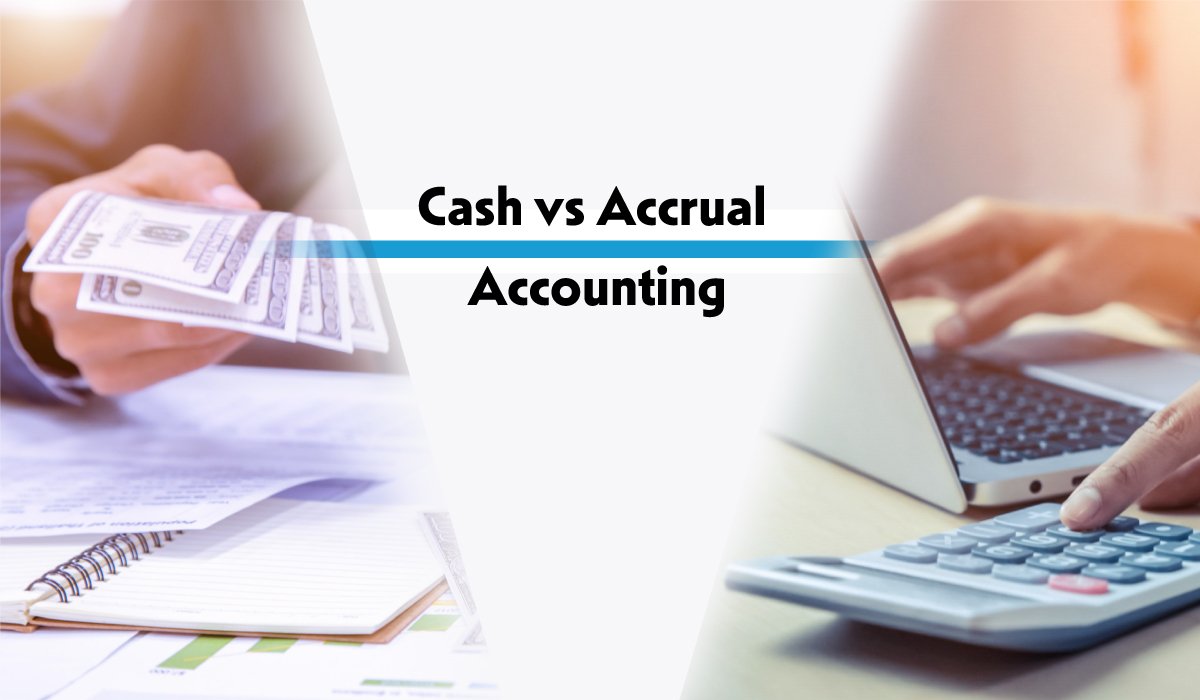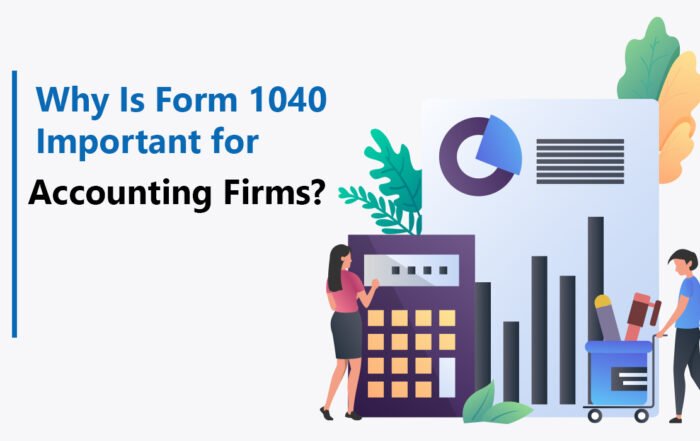When it comes to managing your business finances, the choice between cash basis accounting and accrual accounting can have a significant impact on your financial reporting, tax obligations, and overall financial health. Understanding the differences between these two methods is crucial for making informed decisions that align with your business goals and objectives.
Cash Basis Accounting: Simplicity at Its Core
In cash basis accounting, revenue and expenses are recorded when cash is received or paid out, respectively. This method is straightforward and easy to implement, making it an attractive option for small businesses and sole proprietorships. With cash basis accounting, you only need to track your actual cash flows, eliminating the need to account for accounts receivable or accounts payable.
Advantages of Cash Basis Accounting
- Simplicity: Cash basis accounting is a simple and straightforward method that requires minimal record-keeping, making it easier for small businesses to manage their finances.
- Cash Flow Visibility: This method provides a clear picture of your business’s cash flow, allowing you to make informed decisions about spending and budgeting.
- Tax Benefits: For certain businesses, cash basis accounting can offer tax advantages by allowing you to defer income recognition until cash is received, potentially lowering your tax liability in a given year.
Disadvantages of Cash Basis Accounting
- Inaccurate Financial Reporting: Cash basis accounting does not accurately reflect the true financial position of your business, as it fails to account for accrued income or expenses.
- Compliance Issues: Certain industries or businesses exceeding specific revenue thresholds may be required by law or accounting standards to use accrual accounting.
- Incomplete Financial Picture: This method does not provide a comprehensive view of your business’s financial performance, as it does not consider outstanding receivables or payables.
Accrual Accounting: A Comprehensive Approach
Accrual accounting is a more complex method that recognizes revenue and expenses when they are earned or incurred, regardless of when cash changes hands. This approach provides a more accurate representation of your business’s financial performance and is required for most publicly traded companies and larger private entities.
Advantages of Accrual Accounting
- Accurate Financial Reporting: Accrual accounting offers a more accurate representation of your business’s financial position by recording transactions when they occur, rather than when cash is exchanged.
- Compliance with GAAP: Most businesses are required to use accrual accounting to comply with Generally Accepted Accounting Principles (GAAP) and other accounting standards.
- Better Financial Management: By recognizing revenue and expenses when they are earned or incurred, accrual accounting provides a comprehensive view of your business’s financial performance, enabling better decision-making and financial management.
Disadvantages of Accrual Accounting
- Complexity: Accrual accounting is more complex than cash basis accounting, requiring additional record-keeping and accounting expertise.
- Potential Cash Flow Discrepancies: Since revenue and expenses are recognized before cash is received or paid, there can be discrepancies between your reported financial performance and actual cash flow.
- Potential for Errors: With more transactions and calculations involved, there is a higher risk of errors or misstatements in your financial records.
Cash vs Accrual Accounting: Which One Is Right for Your Business?
The choice between cash or accrual accounting ultimately depends on the nature and size of your business, as well as your specific financial reporting and tax requirements. Here are some factors to consider:
- Business Size and Structure: Small businesses, sole proprietorships, and certain partnerships may find cash basis accounting more suitable, while larger corporations and publicly traded companies are typically required to use accrual accounting.
- Industry and Regulatory Requirements: Certain industries, such as construction or manufacturing, may have specific accounting standards or regulations that mandate the use of accrual accounting.
- Tax Implications: Cash basis accounting can offer tax advantages for eligible businesses, as it allows them to defer income recognition until cash is received. However, accrual accounting may be required for businesses above certain revenue thresholds.
- Financial Management Needs: If you require a more comprehensive view of your business’s financial performance and need to track accounts receivable and accounts payable, accrual accounting may be the better choice.
It’s essential to consult with a qualified accountant or financial advisor to determine the most appropriate accounting method for your business between cash or accrual accounting, taking into account your specific circumstances, legal requirements, and long-term goals.
Conclusion
Understanding the differences between cash basis accounting and accrual accounting is crucial for businesses of all sizes. While cash basis accounting offers simplicity and a clear view of cash flow, accrual accounting provides a more accurate representation of your business’s financial performance and is often required for larger entities or specific industries.
If you are also looking for an accounting company then you can contact Lints Advisors as they are the evolving leading accounting company providing offshore staffing services to accounting, bookkeeping, and tax firms. Their mission is to help all accounting businesses get highly qualified and dedicated professionals at the best rates, saving labor costs and enabling them to focus on growth through practice.
Financial Sector Trends: What the 2025-26 Budget Reveals
The Union Budget 2025-26, unveiled by Finance Minister Nirmala Sitharaman, has set the stage for transformative changes in India's financial sector. The upcoming budget concentrates on developing economic expansion while making credit options more accessible [...]
Empowering Women: Financial Planning for 2025
In today's dynamic financial world, empowering women through tailored financial planning is more crucial than ever. Women often face unique financial challenges, including longer life expectancies, career breaks for caregiving, and persistent wage gaps. Addressing [...]
Why Is Form 1040 Important for Accounting Firms?
When it comes to the world of taxes, Form 1040 holds a central position. It is often referred to as the "U.S. Individual Income Tax Return" and serves as the primary document taxpayers use to [...]





